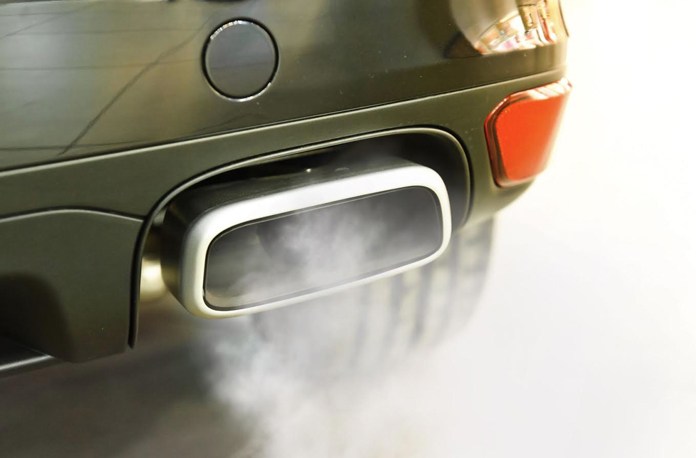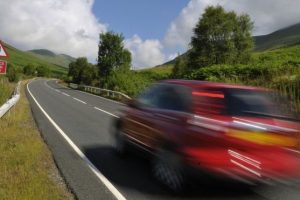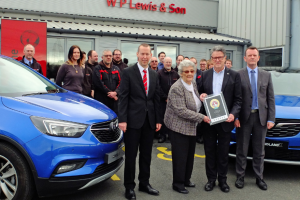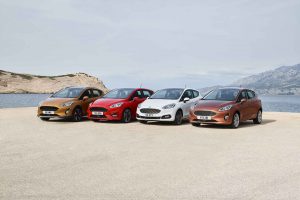THIS TUESDAY (Feb 4) the UK Government announced the ban on selling petrol, diesel, and hybrid cars in the UK would be brought forward from 2040 to 2035.
Once the ban is in place, only electric or hydrogen-powered vehicles will be available for purchase.
are subject to consultation, also include hybrid vehicles. U.K. authorities had previously said the sale of new petrol and diesel vans and cars would end in 2040.
Transport Secretary, Grant Shapps, said the government’s £1.5 billion plan to “make owning an electric vehicle as easy as possible” was working.
Mr Shapps also claimed that in 2019 a “fully electric car was sold every 15 minutes.”
“We want to go further than ever before,” Grant Shapps added. “That’s why we are bringing forward our already ambitious target to end the sale of new petrol and diesel cars to tackle climate change and reduce emissions.”
In practice, ending the sale of petrol, diesel or hybrid cars or vans would leave consumers with a choice between electric and hydrogen vehicles.
“Drivers support measures to clean up air quality and reduce CO2 emissions but these stretched targets are incredibly challenging,” AA president Edmund King said in a statement issued in response to the government’s new target.
“We must question whether we will have a sufficient supply of a full cross-section of zero-emissions vehicles in less than fifteen years.”
Road safety and breakdown organisation GEM Motoring Assist has welcomed the announcement. GEM road safety officer Neil Worth commented: “GEM welcomes this measure, which we see as an important step in tackling the climate emergency the planet is facing.
“In recent years we have witnessed significant steps in the development of alternative fuel vehicles, and we believe that any remaining concerns about range anxiety and inadequate infrastructure will be dispelled if we all work together to embrace the opportunities of a sustainable future on the roads.
“We believe that for this to succeed, we must have strong leadership and clear information so that road users understand what will happen and when it will happen, as we make ready for the ban in 2035.”
Friends of the Earth’s head of policy Mike Childs said: “The government is right to accelerate the phase-out of petrol and diesel cars to curb air pollution and address the climate emergency, but the ban should start in 2030 – not 2035.
Mike Hawes, Chief Executive of the Society of Motor Manufacturers and Traders was aghast.
“It’s extremely concerning that the government has seemingly moved the goalposts for consumers and industry on such a critical issue,” said Mr Hawes.
“Manufacturers are fully invested in a zero-emissions future, with some 60 plug-in models now on the market and 34 more coming in 2020. However, with current demand for this still expensive technology still just a fraction of sales, it’s clear that accelerating an already very challenging ambition will take more than industry investment.
“This is about market transformation, yet we still don’t have clarity on the future of the plug-in car grant – the most significant driver of EV uptake – which ends in just 60 days, while the UK’s charging network is still woefully inadequate.”
Mike Hawes continued: “If the UK is to lead the global zero emissions agenda, we need a competitive marketplace and a competitive business environment to encourage manufacturers to sell and build here. A date without a plan will merely destroy value today. We, therefore, need to hear how government plans to fulfil its ambitions sustainably, one that safeguards industry and jobs, allows people from all income groups and regions to adapt and benefit, and, crucially, does not undermine sales of today’s low emission technologies, including popular hybrids, all of which are essential to delivering air quality and climate change goals now.”
The end of the road gets closer















Add Comment